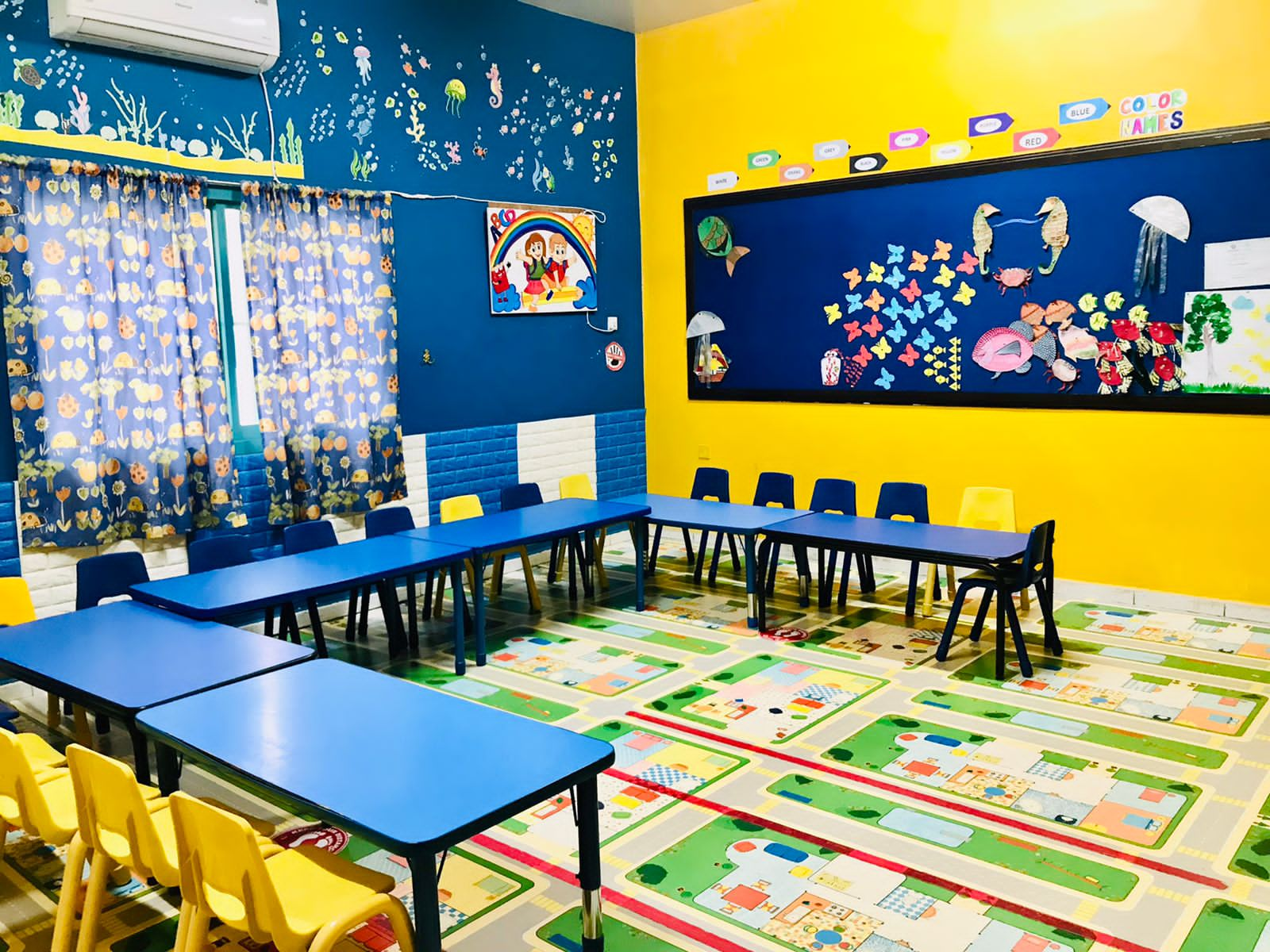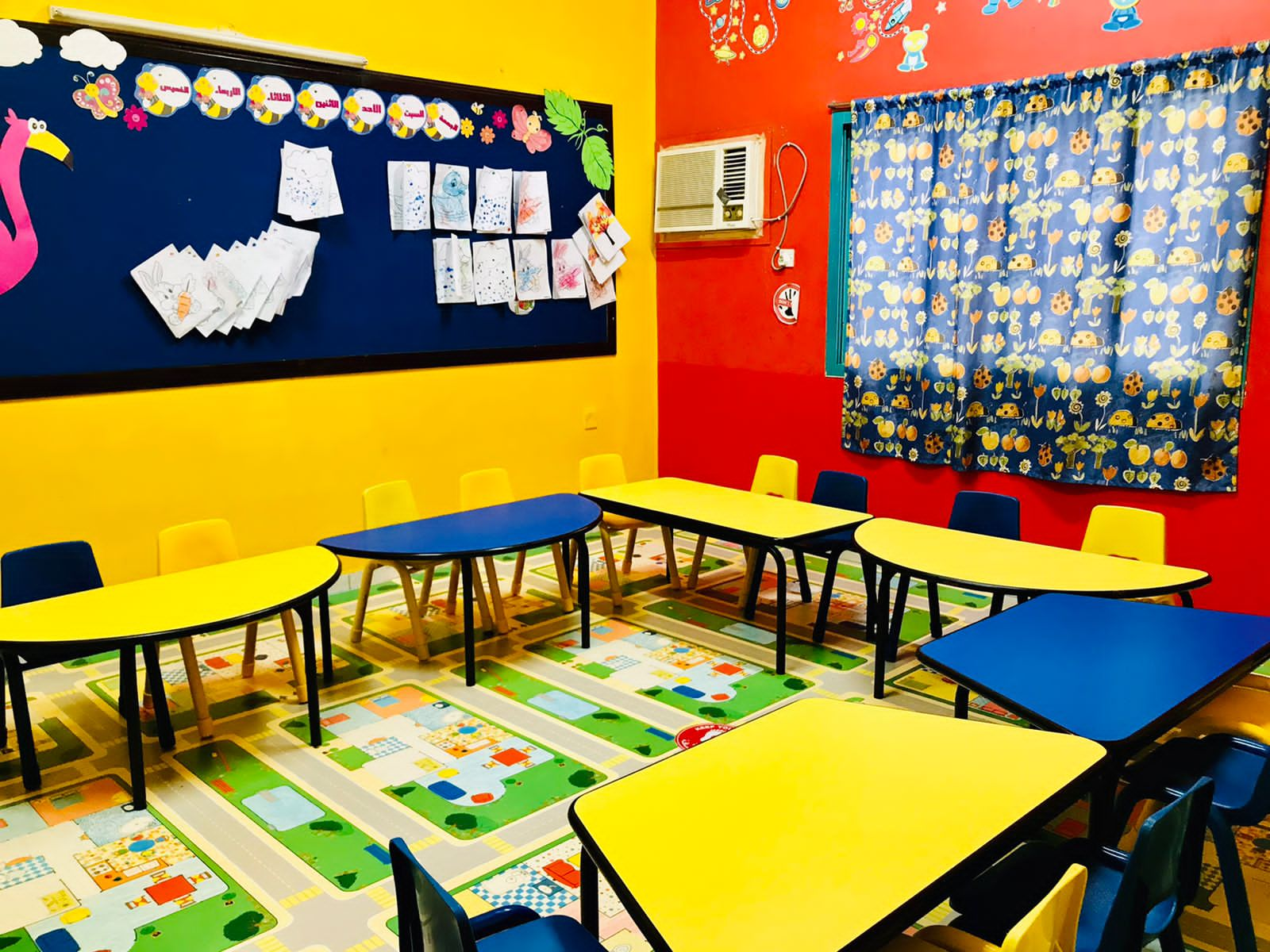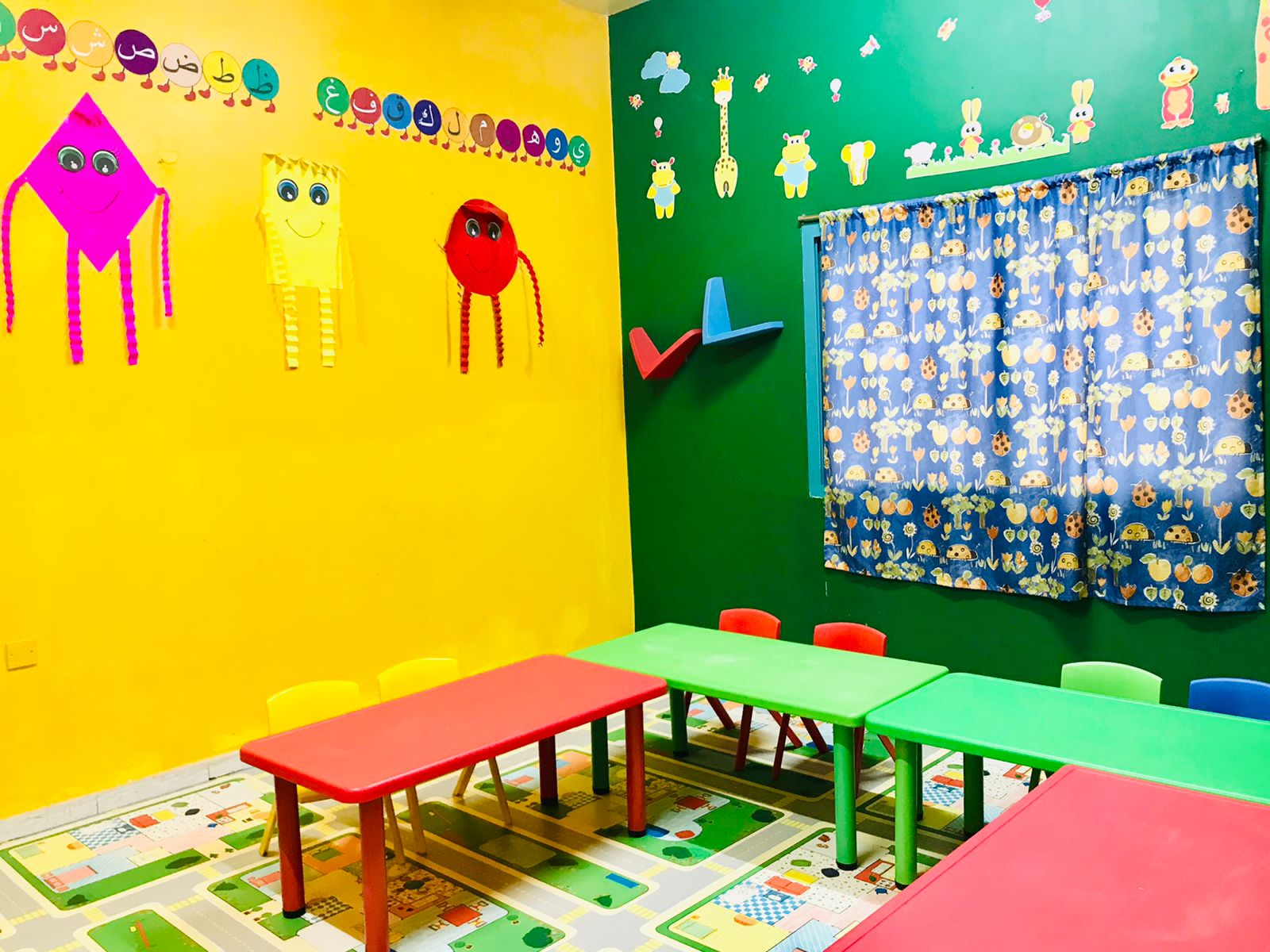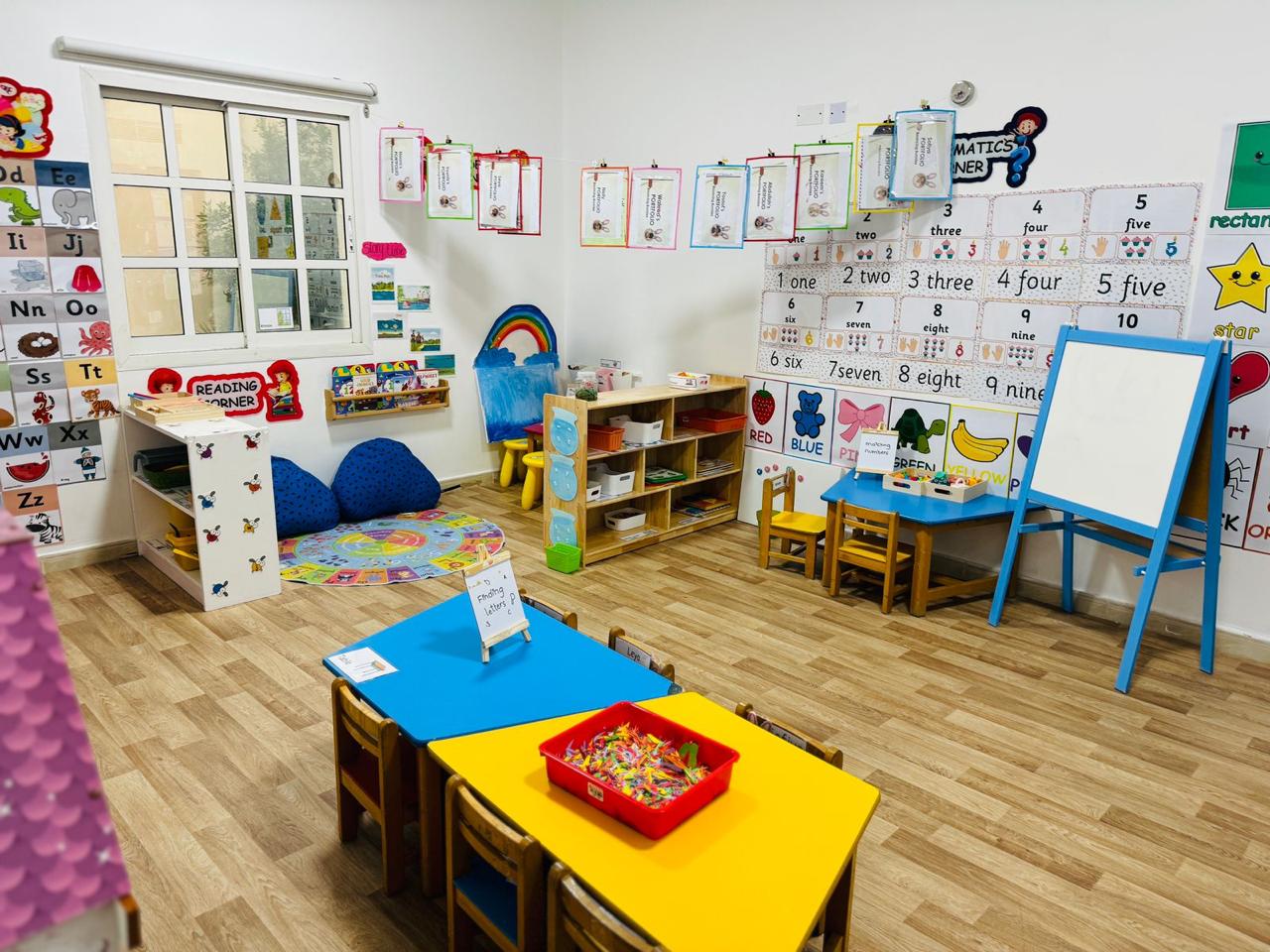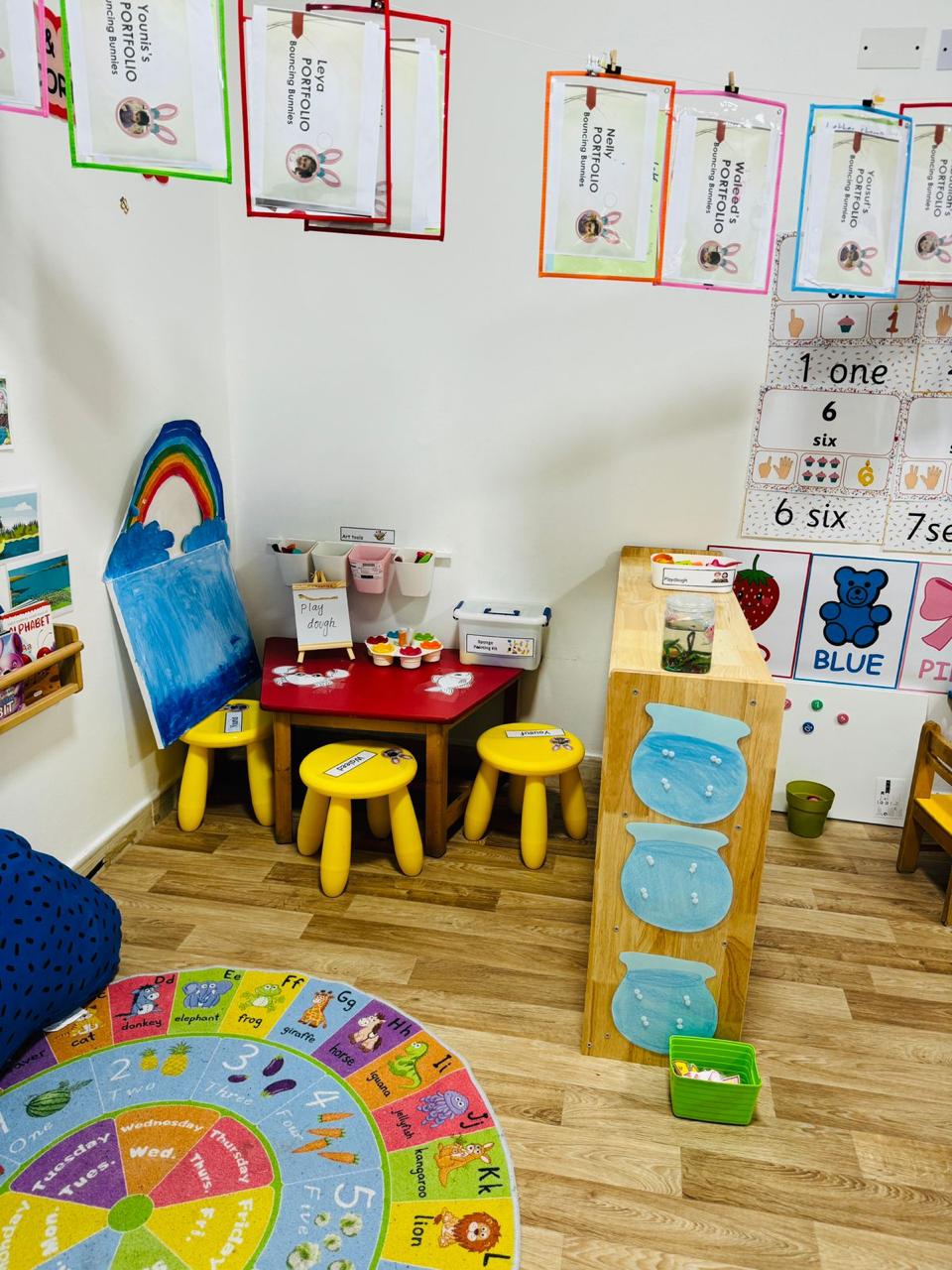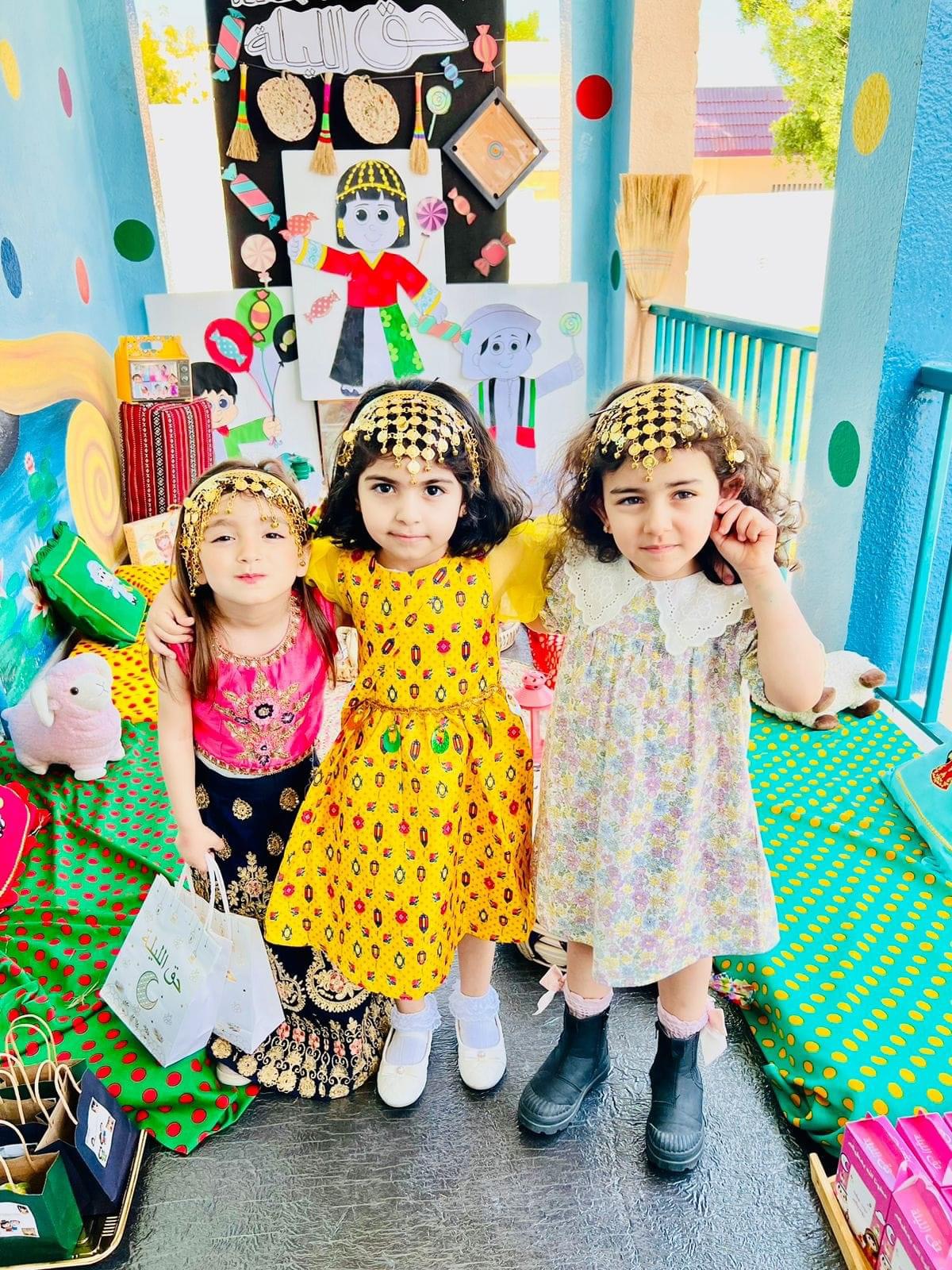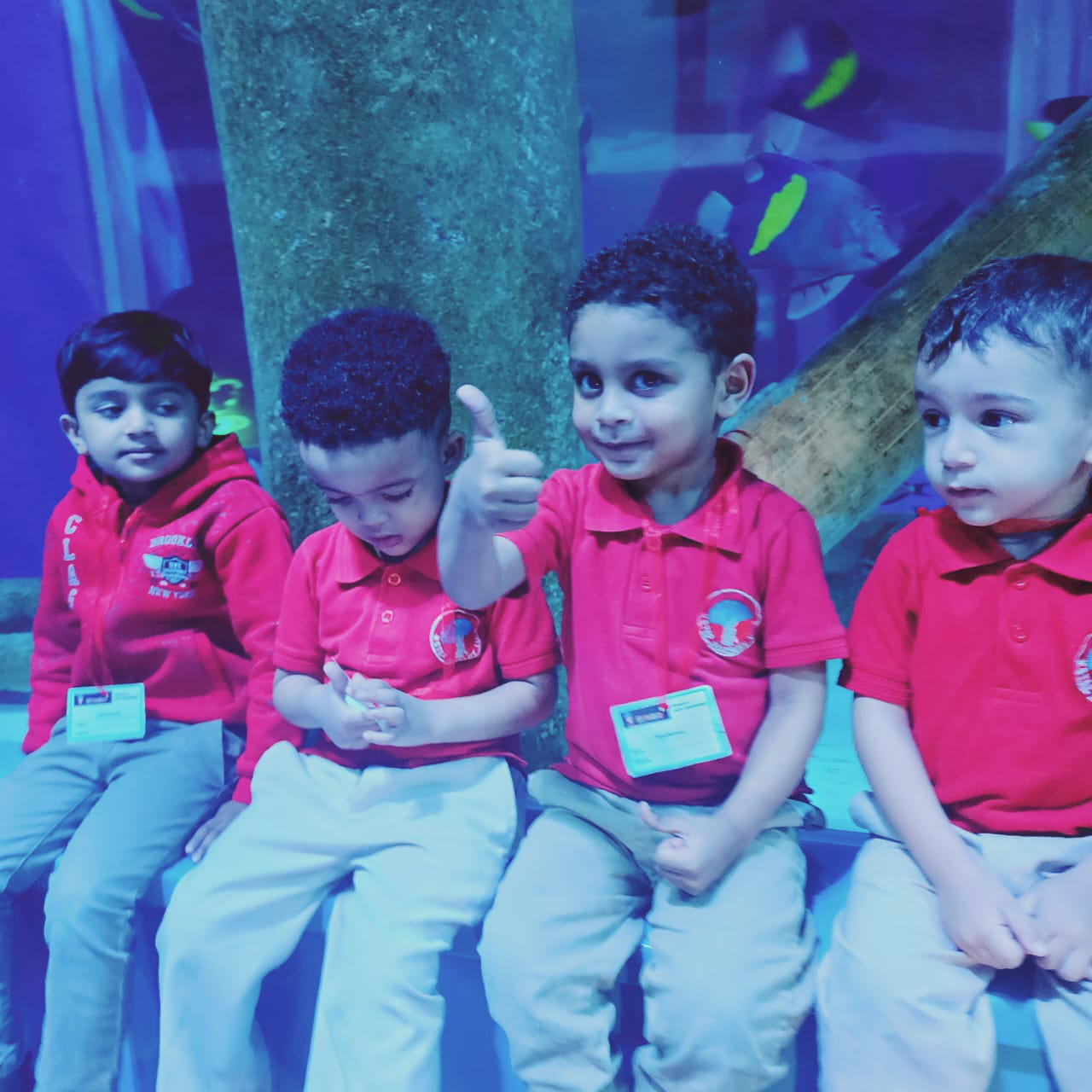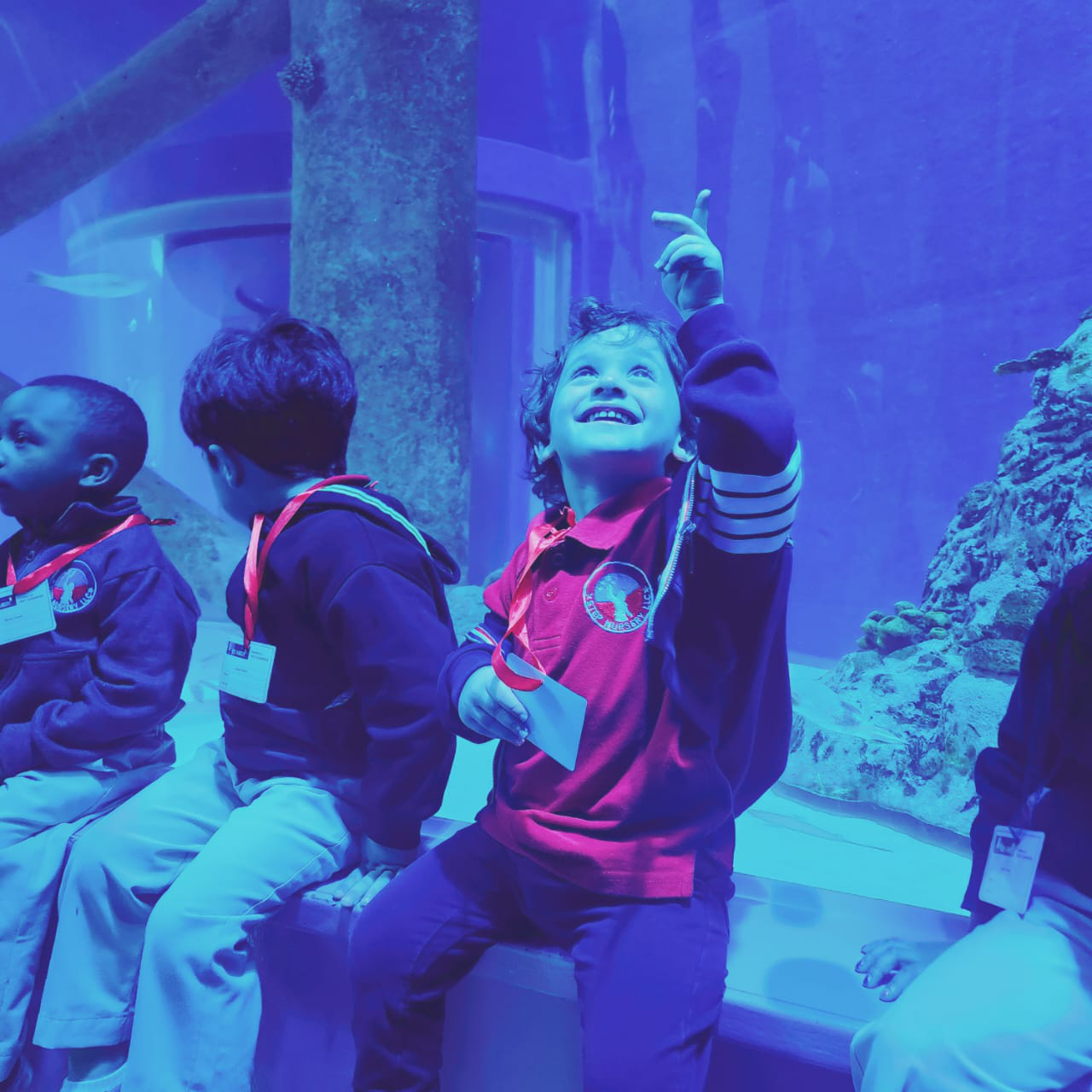Our Curriculum
We adopt the British Early Childhood Curriculum (EYFS) to enhance children’s physical, mental and psychological development in a fun and innovative environment within an organized weekly program.
Licensed by SPEA
I'm proud to share that our SPEA-certified facility meets the highest standards in early childhood education, ensuring safety, quality, and developmental excellence for every child.
EYFS Curriculum
Our nursery uses the EYFS Curriculum, which promotes holistic, play-based learning to support children’s development and achieve key milestones in a nurturing environment.
Interactive Learning Programmes
Our nursery offers Interactive Learning Programs that engage children through hands-on activities and dynamic experiences, enhancing their development and making learning enjoyable and effective.
Holistic Child Development
We emphasize Holistic Child Development, focusing on nurturing every aspect of a child's growth—emotional, social, cognitive, and physical—to ensure well-rounded and balanced development in a supportive environment.
In House Nurse
Our nursery features an In-House Nurse, providing immediate medical care and ensuring the health and well-being of every child throughout the day.
Safe Transportation
We prioritize Safe Transportation with rigorously maintained vehicles and trained staff, ensuring that every journey is secure and comfortable for our children, providing peace of mind for parents.
Safe and clean infant rooms.
- Proper Ventilation and Air Quality: Ensure the infant room is well-ventilated to maintain good air quality. Use air purifiers with HEPA filters to reduce allergens and pollutants. Avoid using strong fragrances, cleaning agents, or other chemicals that could irritate an infant's sensitive respiratory system.
- Safe Furniture and Equipment: Choose furniture and equipment that meet current safety standards. For example, cribs should have a firm mattress and fitted sheets without loose bedding or toys. Check for sharp edges, loose parts, and any potential hazards. Follow manufacturer guidelines for assembly and use.
- Regular Cleaning and Sanitization: Maintain a strict cleaning routine to minimize germs and allergens. Clean and sanitize surfaces, toys, and frequently touched items regularly using baby-safe products. Ensure that any cleaning agents used are free from harsh chemicals.
- Childproofing and Safety Measures: Infant-proof the room by securing furniture to walls, covering electrical outlets, and ensuring that small objects are out of reach. Use safety gates if necessary and keep any potentially dangerous items, such as medications or cleaning supplies, well out of the infant’s reach. Regularly inspect the room for new hazards as the infant grows and becomes more mobile.
Regular visits to the doctor to follow up on the child’s routine medical examination.
- Early Detection of Health Issues: Regular visits to the doctor help in the early detection of potential health problems, such as developmental delays, vision or hearing issues, and chronic conditions. Early intervention can significantly improve outcomes and ensure that any concerns are addressed promptly.
- Early Numeracy Skills: Counting, sorting, and pattern recognition lay the foundation for basic math concepts.
- Growth and Development Monitoring: Pediatric visits provide an opportunity to monitor a child's growth and developmental milestones. Regular assessments help track physical growth, motor skills, cognitive development, and social interactions, ensuring that children are meeting appropriate developmental benchmarks.
- Parental Guidance and Education: Doctor visits offer a chance for parents to receive valuable guidance on various aspects of child-rearing, including nutrition, sleep patterns, and behavioral concerns. Providing parents with the latest information and strategies helps them support their child's well-being and development effectively.
- Record Keeping and Health Tracking: Maintaining up-to-date medical records is essential for tracking a child's health history, including allergies, previous illnesses, and treatments. Regular doctor visits contribute to comprehensive health records that can be beneficial for any future medical needs or emergencies.
Recreational and educational external trips
- Enhanced Learning Opportunities: External trips provide children with hands-on learning experiences that complement their classroom activities. Visiting museums, botanical gardens, or historical sites allows them to explore and engage with subjects like science, history, and art in a tangible way, making learning more memorable and impactful.
- Literacy Skills: Activities like storytelling, phonics, and early writing practices to build foundational reading and writing abilities.
- Social and Emotional Development: Going on trips encourages children to interact with their peers outside the usual classroom setting, fostering social skills such as cooperation, sharing, and communication. It also helps them build confidence and adaptability as they navigate new environments and situations.
- Exposure to New Experiences: External trips expose children to a variety of new experiences and environments, broadening their horizons and stimulating their curiosity. Whether it’s a visit to a farm, a zoo, or a local community event, these experiences help children develop a greater understanding of the world around them.
- Physical Activity and Well-being: Recreational trips often involve physical activity, such as walking, climbing, or playing in a park, which is beneficial for children’s physical health. Engaging in active play in different settings supports their physical development and helps them develop gross motor skills.
- Real-World Connections: External trips help children make connections between their classroom learning and the real world. For example, a trip to a science center can bring abstract concepts to life, while a visit to a local business or community center can show them how various professions contribute to society. This real-world relevance helps reinforce and deepen their understanding of what they learn in the nursery.
